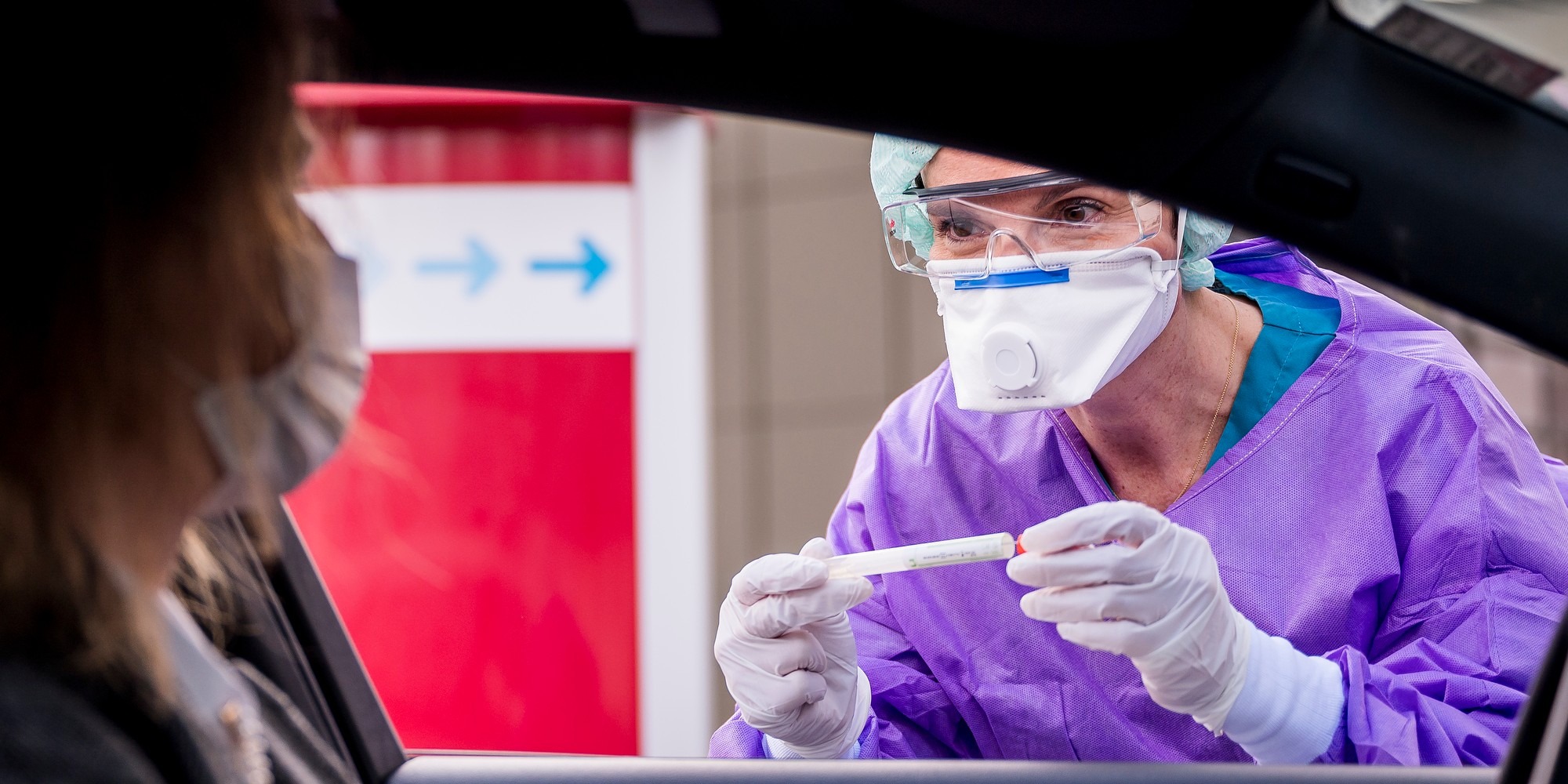A few days after the acceleration of the deconfinement, Germany recorded the first worrying signals. The national virology institute Robert Koch, responsible for monitoring the evolution of the coronavirus pandemic, reports an increase in the infection rate, but specifies that it is still too early to draw conclusions. However, he said in a report that the figures were "to be watched very closely in the coming days".
An increasing rate of "reproduction" of the virus
According to the institute, the infection rate has gone up around the area considered to be potentially dangerous, from 1 to 1.1. This so-called "reproduction" rate measures the average number of people that a person infected with Covid-19 will in turn contaminate. A number less than 1 suggests that the number of infections in the country is trending down, while a higher level suggests an upward trend. This figure went from 0.7 to more than 1 in just a few days.
>> LIVE - Coronavirus: follow the situation on Sunday
Germany has 169,218 cases of contamination, just 667 more in the past 24 hours, which is little compared to the average of the past weeks. The death toll stood at 7,395, a fatality rate of 4.4%, lower than that of most other large countries.
Too many new infections in some cantons
Authorities announced on Wednesday a gradual return to normal, after the start of deconfinement on April 20, including the reopening of primary schools and restaurants. But three German cantons exceed the authorized limit of cases of new contaminations within the framework of the deconfinement plan (50 per 100,000 inhabitants). One of them has already postponed flexibility measures as a result. Five others are approaching this threshold, according to statistics published by the Robert Koch Institute.
CORONAVIRUS ESSENTIALS
> Deconfinement: what you need to know about returning to work after May 11
> Partial unemployment: the parents' situation clarified
> What will shopping be like after May 11?
> The French will have to go on vacation near their home
> Why going to the hairdresser will cost more after confinement
The new sources of contamination have been reported in particular in retirement homes and industrial meat processing workshops, employing hundreds of foreign workers in questionable hygienic conditions. Several of these workshops have been closed and large-scale tests in this industry ordered. The restart of the German Football League season, scheduled for May 16, is also cause for concern as the Dynamo Dresden team has been placed in quarantine and will not be able to play its first match.
Demonstrations against too slow deconfinement
However, some wish to further speed up the process. Several thousand people demonstrated again on Saturday in several cities, notably in Stuttgart, Frankfurt, Munich, Cologne or Berlin, against what remains of restrictive measures, in particular the wearing of the mask in stores, public transport, as well as the ban on large gatherings.
The police carried out a few arrests on Alexanderplatz in Berlin where a few dozen protesters met with cries of "Freedom! Freedom!" or "We are the people!", the rallying slogan of the East Germans at the end of 1989 who demonstrated against the dictatorship of the communist GDR.
These demonstrations bring together supporters of the extreme right as well as the extreme left. But they are also starting to gain more traditional movements. A leader of the German liberal FDP party (right), Thomas Kemmerich, participated in an anti-containment rally in Saxony-Anhalt, in the East, alongside the far right of the Alternative for Germany (AfD ), causing an uproar.

